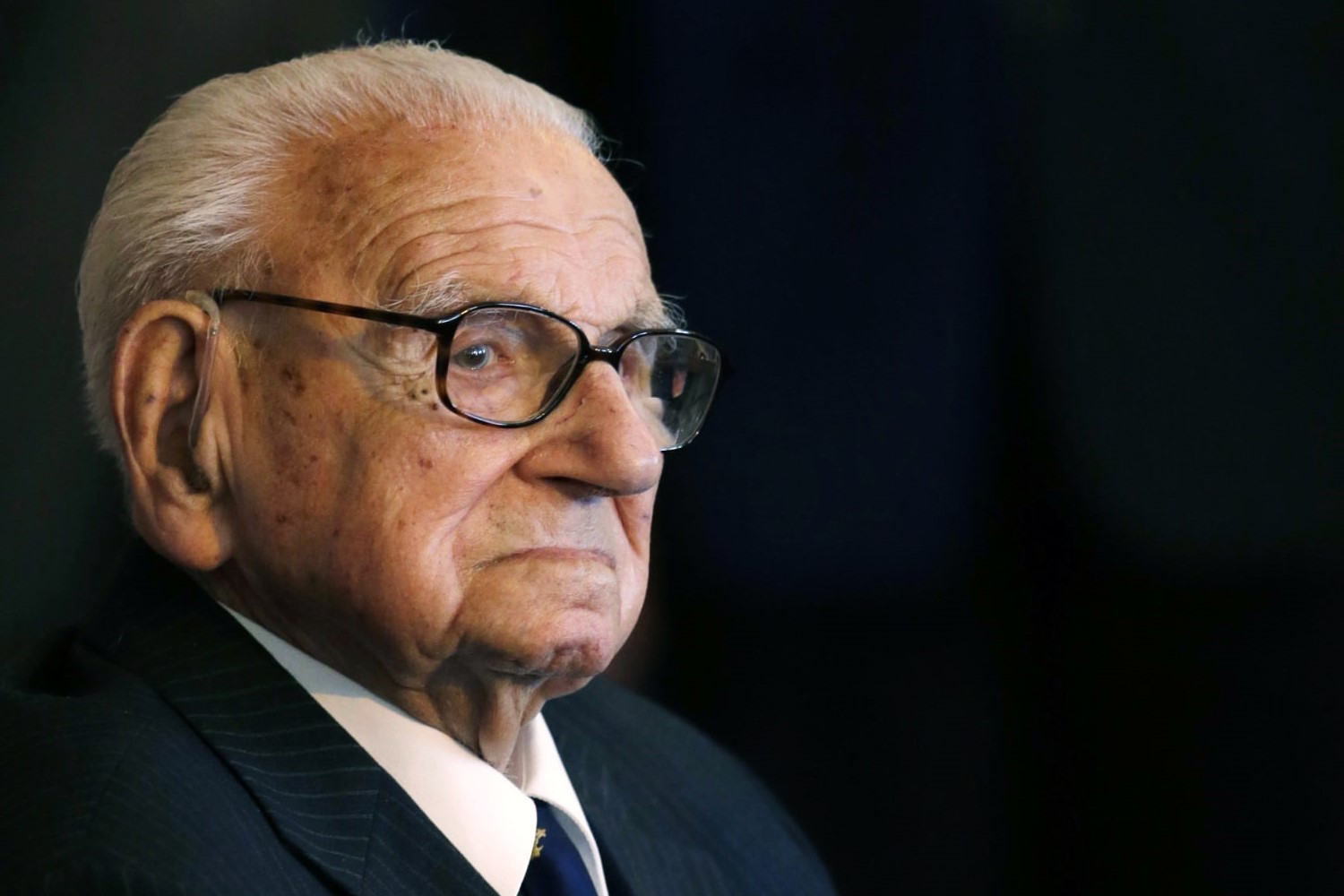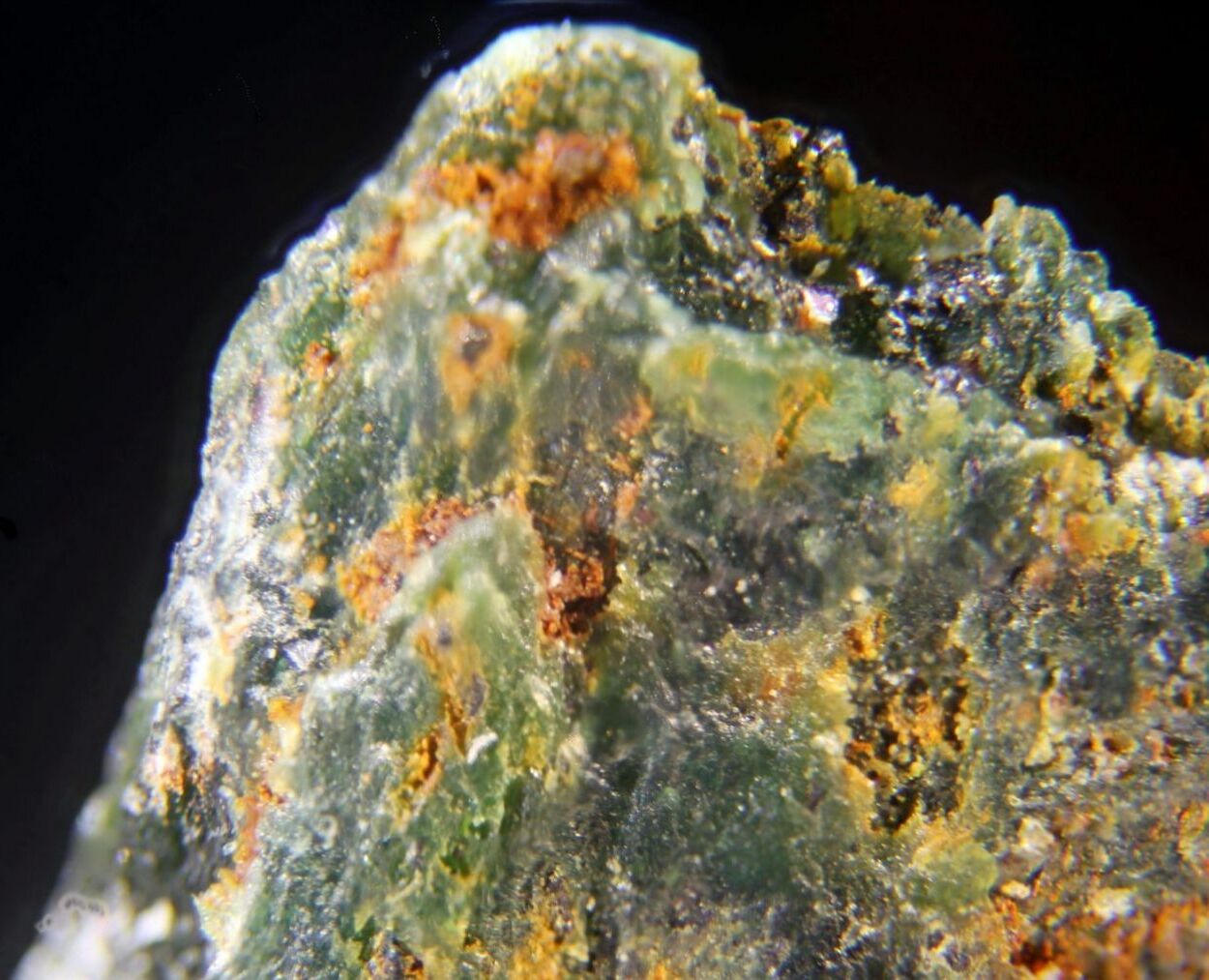
Who was Nicholas Winton? Nicholas Winton, a British humanitarian, saved 669 children from Nazi-occupied Czechoslovakia during World War II. Known as the "British Schindler," he organized the rescue missions, called the Czech Kindertransport, arranging safe passage for Jewish children to Britain. Winton's efforts remained largely unknown until 1988 when his wife discovered a scrapbook detailing his heroic deeds. His actions earned him numerous accolades, including a knighthood in 2003. Winton's legacy continues to inspire, demonstrating the profound impact one individual can have in the face of adversity. Learn more about this remarkable man and his incredible story.
Key Takeaways:
- Nicholas Winton, a hero of World War II, saved 669 children from the Holocaust through the Kindertransport mission, facing many challenges and obstacles along the way.
- His legacy lives on through commemorations, memorials, and the impact of the children he saved, inspiring books, documentaries, and films.
Who Was Nicholas Winton?
Nicholas Winton, a British humanitarian, is celebrated for his heroic efforts during World War II. He orchestrated the rescue of hundreds of children from Nazi-occupied Czechoslovakia, saving them from almost certain death. Here are some fascinating facts about this remarkable man.
- Nicholas Winton was born on May 19, 1909, in Hampstead, London.
- His birth name was Nicholas George Wertheim, which he later changed to Winton to sound more British.
- Winton's parents were of German-Jewish descent but converted to Christianity.
- He worked as a stockbroker before becoming a humanitarian.
- In 1938, Winton canceled a skiing trip to visit a friend in Prague, which changed his life forever.
The Kindertransport Mission
Winton's most famous act was organizing the Kindertransport, a mission to save Jewish children from the Holocaust. This section delves into the details of that incredible effort.
- Winton set up an office at a dining room table in his hotel in Prague.
- He arranged for eight trains to carry children from Prague to London.
- The first train left Prague on March 14, 1939.
- Winton managed to save 669 children through his efforts.
- He faced numerous bureaucratic obstacles, including obtaining visas and finding foster homes.
Challenges and Obstacles
Winton's mission was fraught with difficulties. He had to navigate a complex web of political and logistical challenges to ensure the children's safety.
- He had to bribe officials to get the necessary paperwork.
- Winton's work was illegal under Nazi law, putting him at great personal risk.
- He received little support from the British government initially.
- Many of the children he saved were orphans, making it harder to find them homes.
- The last train, carrying 250 children, was stopped by the outbreak of World War II, and those children were never seen again.
Recognition and Legacy
Despite his monumental efforts, Winton remained relatively unknown for many years. This section explores how he was eventually recognized and honored for his work.
- Winton's wife, Grete, discovered his scrapbook detailing the rescue mission in their attic in 1988.
- A BBC program called "That's Life!" brought his story to public attention in 1988.
- He was knighted by Queen Elizabeth II in 2003.
- Winton received the Czech Order of the White Lion in 2014.
- A statue of Winton stands at Prague's main railway station.
Personal Life and Character
Winton's personal life and character were as remarkable as his humanitarian efforts. Here are some insights into the man behind the mission.
- He married Grete Gjelstrup in 1948.
- The couple had three children: Nick, Barbara, and Robin.
- Winton was known for his modesty and rarely spoke about his wartime efforts.
- He worked for various charities throughout his life.
- Winton lived to the age of 106, passing away on July 1, 2015.
Impact and Influence
Winton's actions had a lasting impact, not just on the children he saved but on the world. This section highlights the broader influence of his work.
- Many of the children he saved went on to have successful careers, including politicians, scientists, and artists.
- Winton's story inspired numerous books, documentaries, and films.
- He is often compared to Oskar Schindler, another savior of Jews during the Holocaust.
- Winton's actions have been cited as an example of moral courage and humanitarianism.
- Schools and organizations worldwide have been named in his honor.
Commemorations and Memorials
Winton's legacy is preserved through various commemorations and memorials. This section details some of the ways he is remembered.
- A memorial plaque in his honor is located at Liverpool Street Station in London.
- The Czech Republic issued a special postage stamp featuring Winton in 2015.
- A rose named "Sir Nicholas Winton" was created to honor him.
- The annual "Winton Train" re-enacts the journey of the rescued children.
- Numerous educational programs teach students about Winton's life and legacy.
The Legacy of Nicholas Winton
Nicholas Winton's story isn't just about rescuing children; it's about courage, compassion, and the power of one person to make a difference. His actions during World War II saved 669 children from the horrors of the Holocaust, giving them a chance at life. Winton's humility kept his heroism hidden for decades, but his legacy now shines brightly. His story reminds us that even in the darkest times, there are heroes who act selflessly. Winton's life encourages us to stand up for what's right, help others, and believe in the impact of our actions. His legacy lives on through the lives he saved and the countless people inspired by his bravery. Let's remember Nicholas Winton not just as a hero of the past but as a beacon of hope for the future.
Frequently Asked Questions
Was this page helpful?
Our commitment to delivering trustworthy and engaging content is at the heart of what we do. Each fact on our site is contributed by real users like you, bringing a wealth of diverse insights and information. To ensure the highest standards of accuracy and reliability, our dedicated editors meticulously review each submission. This process guarantees that the facts we share are not only fascinating but also credible. Trust in our commitment to quality and authenticity as you explore and learn with us.


